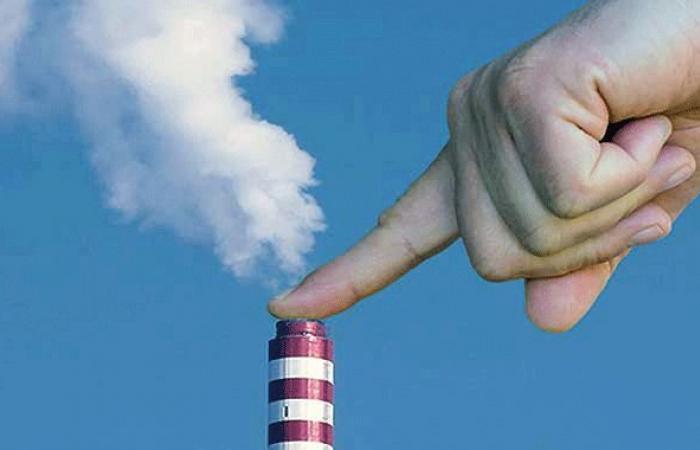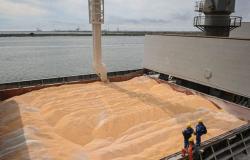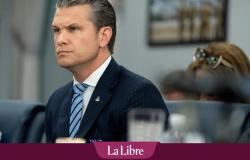To cope with the new ecological requirements of the European Union, Morocco sets up concrete solutions to support its companies in the energy transition. With the certification of carbon emissions, provided for in bill n ° 75.24, the country intends to strengthen its competitiveness while asserting itself as a global sustainability model.
Morocco, anxious to meet the global requirements for decarbonation, has launched a series of measures to support its companies in the energy transition. One of the major axes of this initiative is the creation of a national organization responsible for delivering carbon content certificates, in accordance with international standards. This bill n ° 75.24, presented by Mr. Ryad Mezzour, Minister of Industry and Trade, completes law 12.06 relating to standardization and certification, and marks a strategic turning point in the alignment of Morocco on the global standards of environmental performance.
This carbon certification, true “ green passport For Moroccan companies, will allow them to certify the amount of carbon issued during the production of their goods and services. Thus, they will be able to secure their access to international markets while valuing their efforts in terms of decarbonation. This process is a key lever to strengthen the country’s competitiveness and improve its attractiveness in terms of investment, by displaying its commitment to sustainable development.
Read also: the decarbonation, 4th aeronautical revolution (CEO of Airbus)
This project is part of a wider dynamic, aimed at promoting a greener Moroccan industrial model, more competitive and more integrated into global value chains. Moroccan companies will be able to position themselves on market segments where environmental performance is an essential criterion. The implementation of this certification, supervised by a credible and independent national entity, will also ensure the transparency of the process, thus strengthening the confidence of economic actors.
In this context, the European Union, the main trading partner in Morocco, has set up the carbon adjustment mechanism to the borders (MacF), known as ” carbon tax ». This mechanism requires Moroccan exporters to adapt in order to meet European environmental standards. It particularly targets the industrial sectors with a high carbon emission, such as the automobile, textiles, aeronautics and food.
The transitional phase of this tax allows companies to prepare, while already emphasizing the challenges to be met. These industries will now have to declare the carbon emissions of their products for the European market precisely. Morocco, by anticipating this development, has implemented concrete measures to support its companies and facilitate their adaptation to new international requirements.
Morocco is not limited to a simple response to European requirements, it sees in this challenge a strategic opportunity. By facilitating local businesses access to global markets, it aspires to strengthen their competitiveness, while highlighting its sustainable development model. In this sense, this energy transition becomes a vector of industrial transformation for the country.
Thus, although the implementation of this carbon certification represents a challenge for the Moroccan industrial sectors, it also constitutes a real opportunity. Morocco seems determined to take up this challenge and make decarbonation a central axis of its economic development, thus consolidating its position on the international scene.








